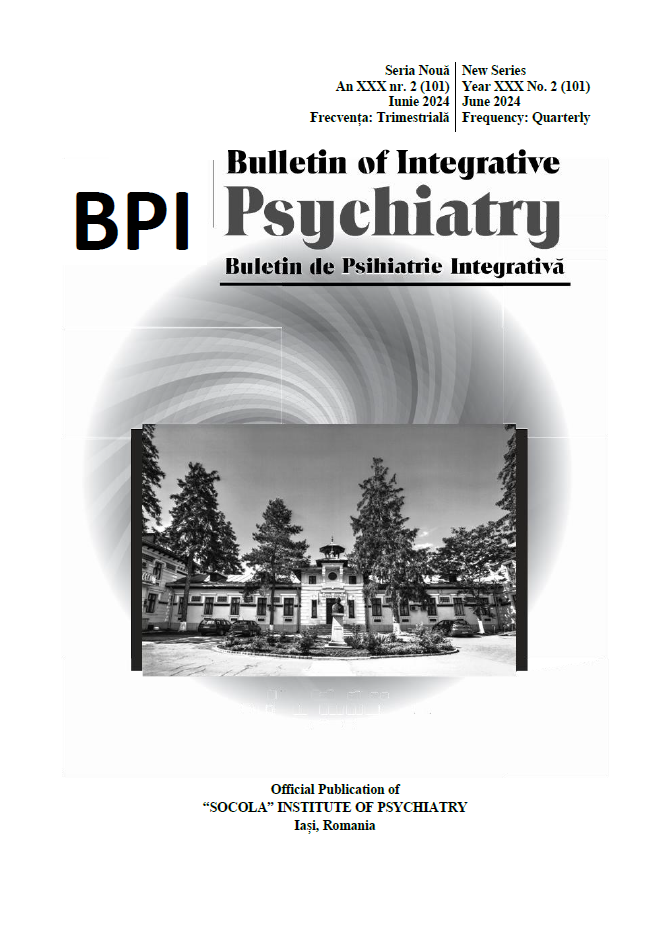Neuropsychiatric and social deficits associated with albinism
Neuropsychiatric and social deficits associated with albinism
Author(s): Ana-Maria Dănilă, Alin Ciobîcă, Manuela PadurariuSubject(s): Essay|Book Review |Scientific Life
Published by: Editura Sedcom Libris Iasi
Keywords: Albinism; psychosocial implications; quality of life;
Summary/Abstract: Albinism is a group of rare genetic disorders that are caused by the absence or reduction of melanin biosynthesis in the body. This condition can cause both neuropsychiatric and social problems, so this literature review evaluated the psychosocial implications of this condition in terms of everyday life experiences, emotional state, self-perception, and quality of life. Most studies on albinism have been conducted in Africa, assessing the significant impact of the disease on quality of life, emotional state and psychiatric comorbidities. Recurrent themes associated with albinism are: discrimination and stigma in childhood and adolescence, discomfort in social interactions, anxiety, depression, transmission guilt, importance of social support from family and friends, altered functioning of daily life, altered romantic and sexual life, limited academic and professional aspirations, lack of interest and support in the medical field, and unpredictability of disease progression. This review demonstrated that there is an urgent need for support systems for patients with this disease. Early neuropsychiatric evaluation and empowerment training is recommended to improve vision-related performance, neurodevelopment, and all other psychological and social difficulties.
Journal: Buletin de Psihiatrie Integrativa
- Issue Year: 101/2024
- Issue No: 2
- Page Range: 17-22
- Page Count: 6
- Language: English

